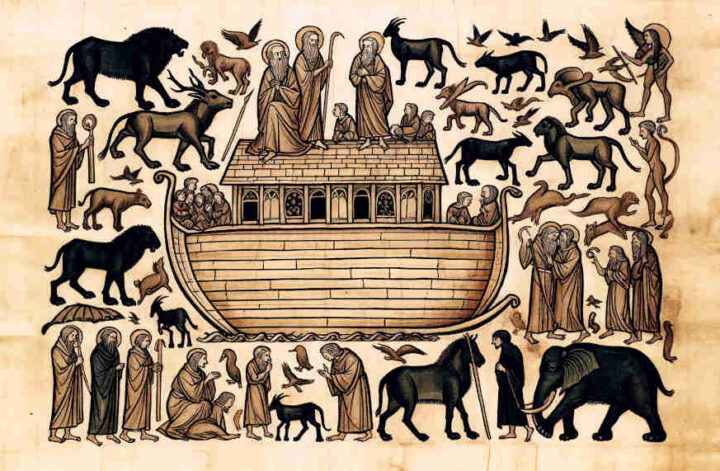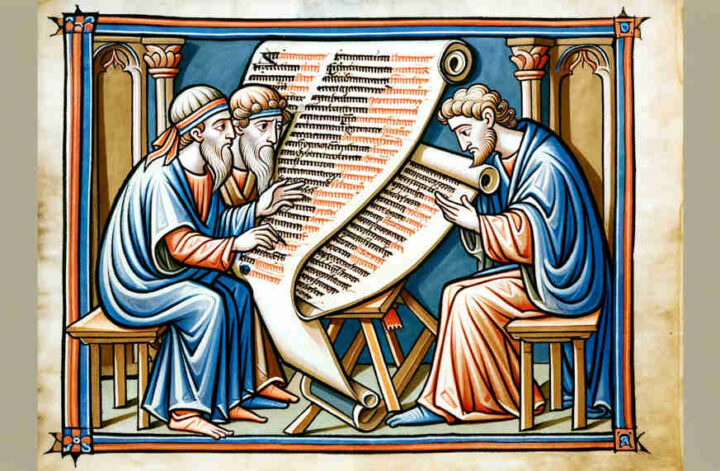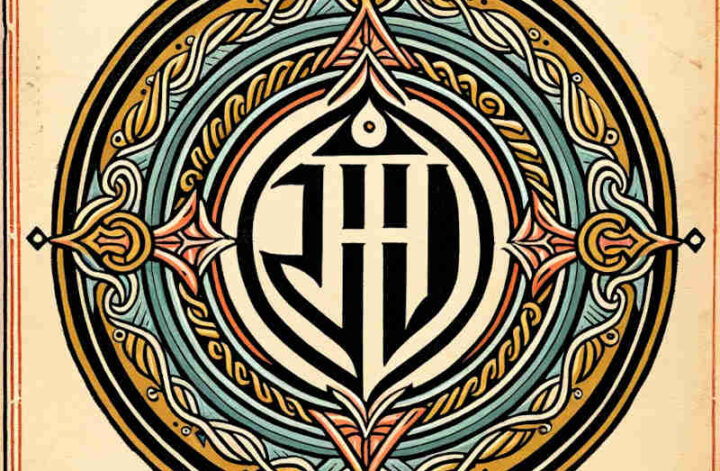Email from a reader: “Dear Rabbi Joshua, I’ve been studying the Torah and I’m curious about Noah’s background. What ethnicity was Noah? Thanks for your insights. Best, John Miller”
Dear John,
Your question about Noah’s ethnicity touches on the broader understanding of ethnic identities in the context of the Torah. Let’s explore this topic.
Concept of Ethnicity in the Torah:
In the Torah, the concept of ethnicity as understood in modern terms is not explicitly defined. The Torah, written in an ancient context, does not categorize individuals by modern ethnic classifications. Instead, it often describes people in relation to their familial or tribal affiliations and their geographic origins.
Noah’s Background:
Noah, a central figure in the Book of Genesis, is portrayed as a righteous man chosen by God to survive the great flood. His story predates the establishment of distinct nations or ethnic groups as we might understand them today. Therefore, the Torah does not ascribe a specific ethnicity to Noah.
Noah is described as a descendant of Adam through Seth, indicating his connection to the early generations of mankind. The primary focus of Noah’s story is his righteousness, faith, and role in God’s plan, rather than his ethnic background.
Post-Flood Dispersion and Nations:
After the flood, the Torah describes the dispersion of Noah’s descendants and the formation of various nations and languages. This narrative in Genesis 10, known as the Table of Nations, is the Torah’s way of explaining the origins of different peoples in the ancient world.
From a theological perspective, Noah is often seen as a universal figure representing all of humanity rather than a specific ethnic or cultural group.
Conclusion:
John, in summary, the Torah does not specify Noah’s ethnicity in the way we might define ethnicity today. Noah is depicted more as a universal ancestor and a symbol of human resilience and obedience to God. His story is foundational in the sense that it sets the stage for the subsequent diversity of peoples and nations described in the Torah.
Warm regards,
Rabbi Joshua



